All Formats & Editions
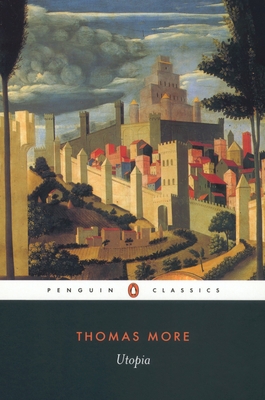
Utopia
In his most famous and controversial book, Utopia , Thomas More imagines a perfect island nation where thousands live in peace and harmony, men and women are both educated, and all property is communal. Through dialogue and correspondence between the protagonist Raphael Hythloday...
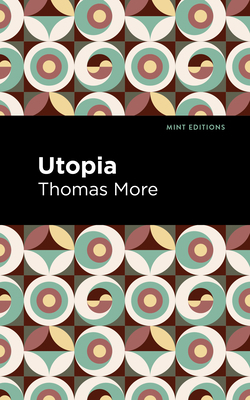
Utopia
Utopia (1516) is a work of political satire by Thomas More. Published in Latin while More was serving as Privy Counsellor under King Henry VIII, the text is stylized as a true account of a new civilization discovered in the New World by traveler Raphael Hythlodaeus...
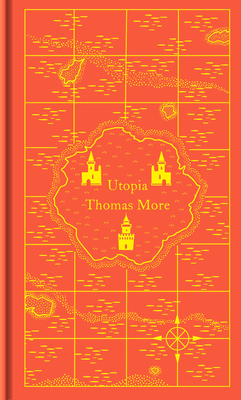
Utopia (Penguin Pocket Hardbacks)

Utopia: The Influential Classic
What we can learn from a Renaissance nowhere In 1516, a book was published in Latin with the enigmatic Greek-derived word as its title. Utopia--which could mean either "good-place" or "no-place"--gives a traveler's account of a newly discovered island somewhere...

Utopia
Utopia By Sir Thomas More is a work of political philosophy primarily depicting a fictional island society and its religious, social and political customs. A really influential and highly regarded mind, Thomas More is known for being controversial and highly intelligent. A wonderful...
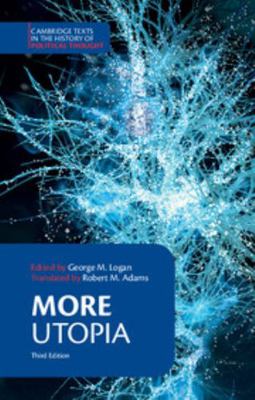
More: Utopia
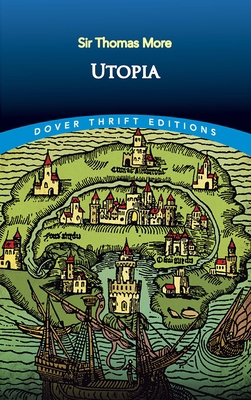
Utopia
First published in Latin in 1516, Utopia was the work of Sir Thomas More (1477-1535), the brilliant humanist, scholar, and churchman executed by Henry VIII for his refusal to accept the king as the supreme head of the Church of England.
In this work, which gave...
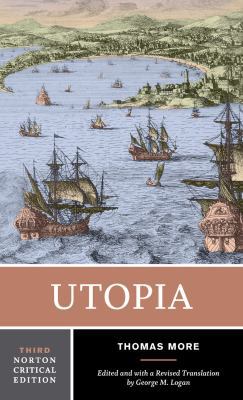
Utopia: A Norton Critical Edition
Based on Thomas More's penetrating analysis of the folly and tragedy of the politics of his time and all times, Utopia (1516) is a seedbed of alternative political institutions and a perennially challenging exploration of the possibilities and limitations of political action.
...

Utopia
Utopia is a work of fiction and socio-political satire by Thomas More (1478-1535) published in 1516 in Latin. The book is a frame narrative primarily depicting a fictional island society and its religious, social and political customs. Many aspects of More's description of Utopia...

Utopia
![Utopía [Spanish] 153689396X Book Cover](https://i.thriftbooks.com/api/imagehandler/l/EEBED8922F6A6C3AA18AE7D2EE5671F284981CC8.jpeg)
Utopía [Spanish]
Utop?aTom?s Moro
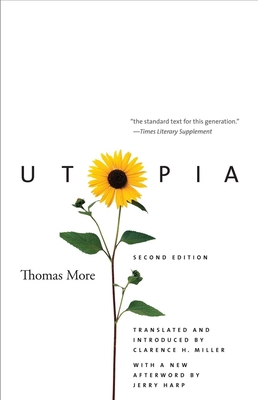
Utopia
"This translation offers a fresh and vital encounter with Thomas More's Utopia for a twenty-first century audience."--Elizabeth McCutcheon, Utopian Studies Saint Thomas More's Utopia is one of the most important works of European humanism and...

Utopia (Classics of World Literature)
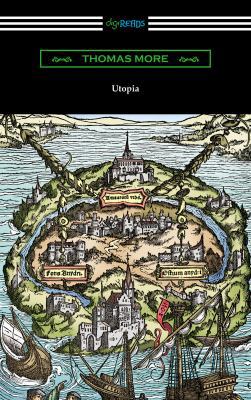
Utopia (Translated by Gilbert Burnet with Intro...
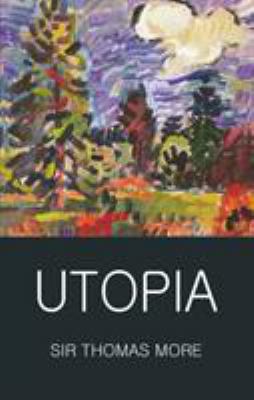
Utopia
This text presents a contribution to political thought, culminating in the description of the "utopians". These figures live according to the principles of natural law, but are receptive to Christian teachings, hold all possessions in common and view gold as worthless.
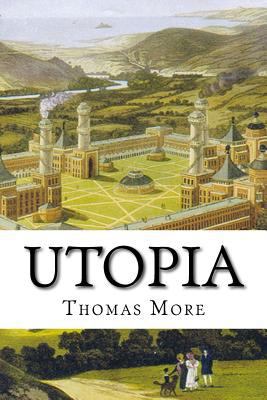
Utopia

Utopia
&&LDIV&&R&&LDIV&&R&&LI&&RUtopia&&L/I&&R, by &&LB&&RSir Thomas More&&L/B&&R, is part of the &&LI&&RBarnes & Noble Classics&&L/I&&R&&LI&&R &&L/I&&Rseries, which offers quality editions at affordable prices to the student and the general reader, including new scholarship, thoughtful...
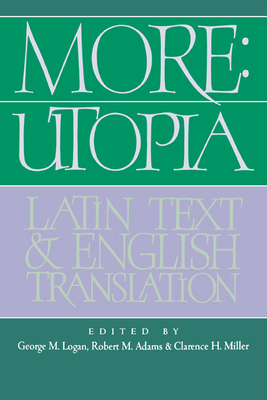
More: Utopia: Latin Text and English Translation
First published in Latin in 1516, Thomas More's Utopia is one of the most influential books in the Western philosophical and literary tradition and one of the supreme achievements of Renaissance humanism. This is the first edition of Utopia since 1965 (the Yale edition) to combine...
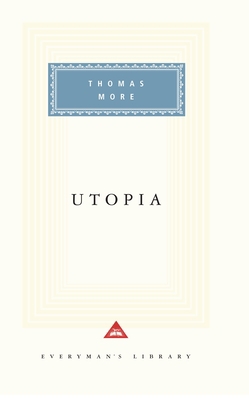
Utopia: Introduction by Jenny Mezciems
First published in 1516, during a period of astonishing political and technological change, Sir Thomas More's Utopia depicts an imaginary society free of private property, sexual discrimination, violence, and religious intolerance.

Utopia
Sir Thomas More's entertaining description of Utopia, an island supporting a perfectly organized and happy people, was a best-seller when it first appeared in Latin in 1516. This work of a Catholic martyr has later been seen as the source of Ana-baptism, Mormonism, and even communism...

Utopia
Utopia (Libellus vere aureus, nec minus salutaris quam festivus, de optimo rei publicae statu deque nova insula Utopia) is a work of fiction and socio-political satire by Thomas More (1478-1535) published in 1516 in Latin. The book is a frame narrative primarily depicting a fictional...
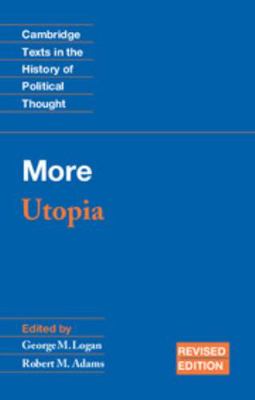
More: Utopia
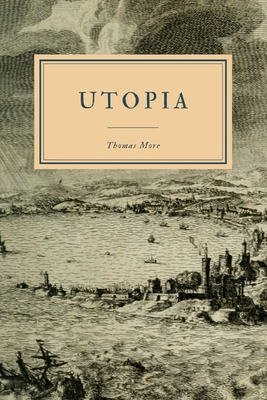
Utopia
![Utopia (Spanish Edition) [Spanish] 1539587657 Book Cover](https://i.thriftbooks.com/api/imagehandler/l/7DA31A472078F4D22068FA138A56CCE5AB2C1C24.jpeg)
Utopia (Spanish Edition) [Spanish]
Utop a, es un libro escrito por Tom s Moro y publicado en 1516. El libro consta de dos partes. La primera es un di logo que gira principalmente en torno a cuestiones filos ficas, pol ticas y econ micas en la Inglaterra contempor nea al autor y la segunda parte es la narraci n...




